 |
| Hoa Phat is a leading enterprise in steel production in Vietnam with closed blast furnace technology from iron ore to finished construction steel. Illustrative photo (document): Tuan Anh/VNA |
This is a remarkable achievement for Vietnamese steel on the world steel industry map. Not only is production output growing rapidly, but Vietnamese steel is also gradually becoming more self-sufficient and diversifying its product types.
Mr. Nghiem Xuan Da, Chairman of the Vietnam Steel Association, said that since 2015, the steel industry has developed and become one of the leading manufacturers in ASEAN in terms of production and consumption of finished steel products, ranking 12th in the world in crude steel production in 2023 with an output of 20 million tons.
Not only that, Vietnam also has a number of large industrial factories in the Central region; including the Hoa Phat Dung Quat Iron and Steel Complex, one of the largest and most modern closed steel production complexes in the region.
According to steel industry expert Nguyen Van Sua, reality shows that the Vietnamese steel industry has made great strides, affirming its position on the world steel map. Before 2000, the Vietnamese steel industry was small and backward. Enterprises such as Thai Nguyen Iron and Steel in the North and the Southern Steel Company were the main units, but their technology and production scale were limited. Total crude steel output was only about 100,000 tons per year, mainly serving domestic demand.
Entering the 2000s, the emergence of private enterprises such as Hoa Phat Steel, Hoa Sen Steel, Viet Duc Steel and joint ventures with Vietnam Steel Corporation (Vinakyoei, SSSC, Vinausteel...) quickly created significant changes in the steel industry structure. These enterprises significantly improved production capacity, enhanced product quality and diversified steel product types on the market. At that time, Vietnam produced 0.5 million tons of crude steel and 2 million tons of steel products per year.
In 2001, the Vietnam Steel Association (VSA) was officially established, with the participation of major enterprises in the industry. VSA plays an important role in promoting cooperation between enterprises, improving competitiveness and moving towards sustainable development. The establishment of VSA creates favorable conditions for Vietnamese steel enterprises to learn from international experience, apply new technology and expand export markets.
The period from 2011 to 2020 was a boom period for the Vietnamese steel industry. Large enterprises such as Hoa Phat Steel and Formosa Ha Tinh invested heavily in technology and expanded production scale. At that time, major projects of Hoa Phat Group with a current capacity of 8.5 million tons of crude steel/year and Formosa Ha Tinh factory with a capacity of 7.5 million tons/year contributed to the increase in Vietnam's crude steel output.
By 2020, Vietnam's crude steel output reached 19.9 million tons, helping Vietnam rise to 14th place in the world and lead ASEAN in finished steel consumption with 23.3 million tons.
By 2023, Vietnam will rise to 12th place in the world in crude steel production with an output of 20 million tons. Steel enterprises continue to invest in modern technology, improve product quality and expand export markets. Maintaining an output growth rate of 10-15% per year during this period has demonstrated the strength and development potential of the Vietnamese steel industry.
Not only growing rapidly in output, the Vietnamese steel industry has made great strides in self-producing many types of high-quality steel, gradually replacing imported goods.
Mr. Nghiem Xuan Da said that the diversity in product types has helped the Vietnamese steel industry supplement the missing product lines, meet domestic demand and improve its position in the Southeast Asian region. Thanks to these efforts, the Vietnamese steel industry has affirmed its increasingly important role in the world steel industry.
According to the Vietnam Steel Association, the steel industry has grown significantly in both production scale and product variety. In 2000, steel mills mainly had to import billets from abroad to roll construction steel to serve the market. However, since 2010, the Vietnamese steel industry has changed significantly. The increasing demand for steel has created conditions for domestic enterprises to expand production and invest in large-scale and modern projects to meet the country's economic development needs.
Private enterprises in the Vietnamese steel industry have invested heavily in modern technology, improving the quality of steel products. Thanks to that, Vietnam has not only become more self-sufficient in steel production but also gradually replaced imported goods. Products such as wire rod, hot-rolled steel coil and prestressed steel produced domestically have met domestic and export demand well.
Investment in large-scale and modern steel projects has boosted Vietnam’s crude steel production capacity, attracting interest from key industries such as mechanics, construction and defense. This has not only helped the Vietnamese steel industry improve its position in the international market but also contributed significantly to the country’s industrialization and modernization process.
Source





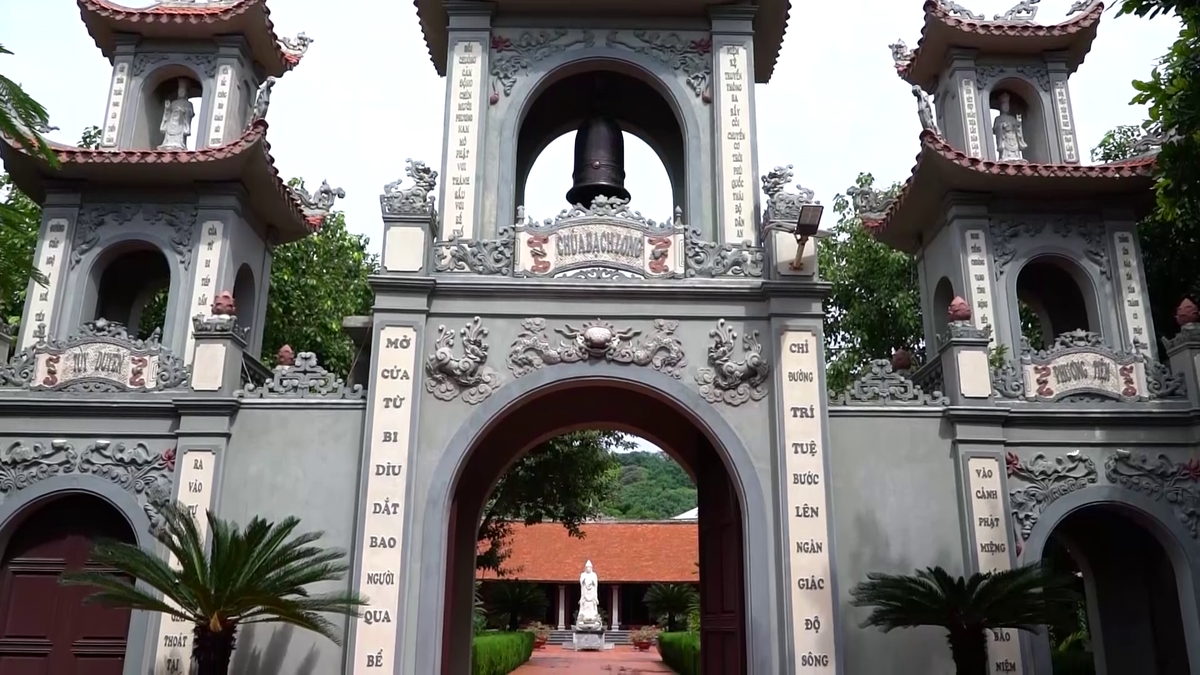




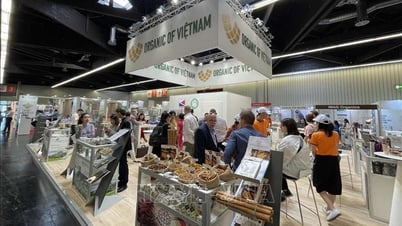


























































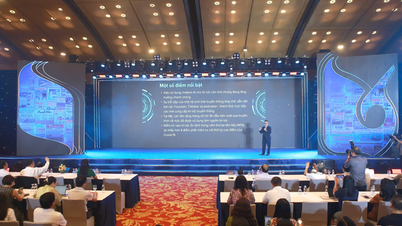














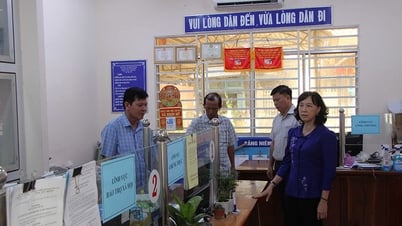
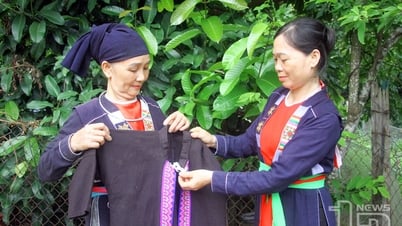












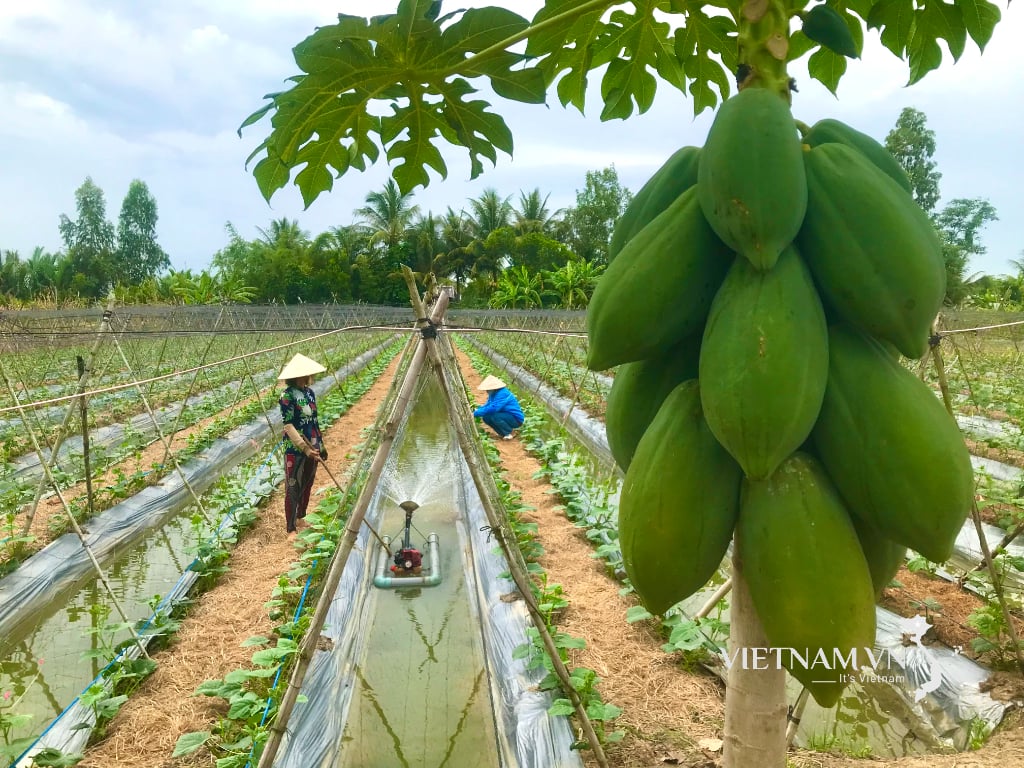



Comment (0)